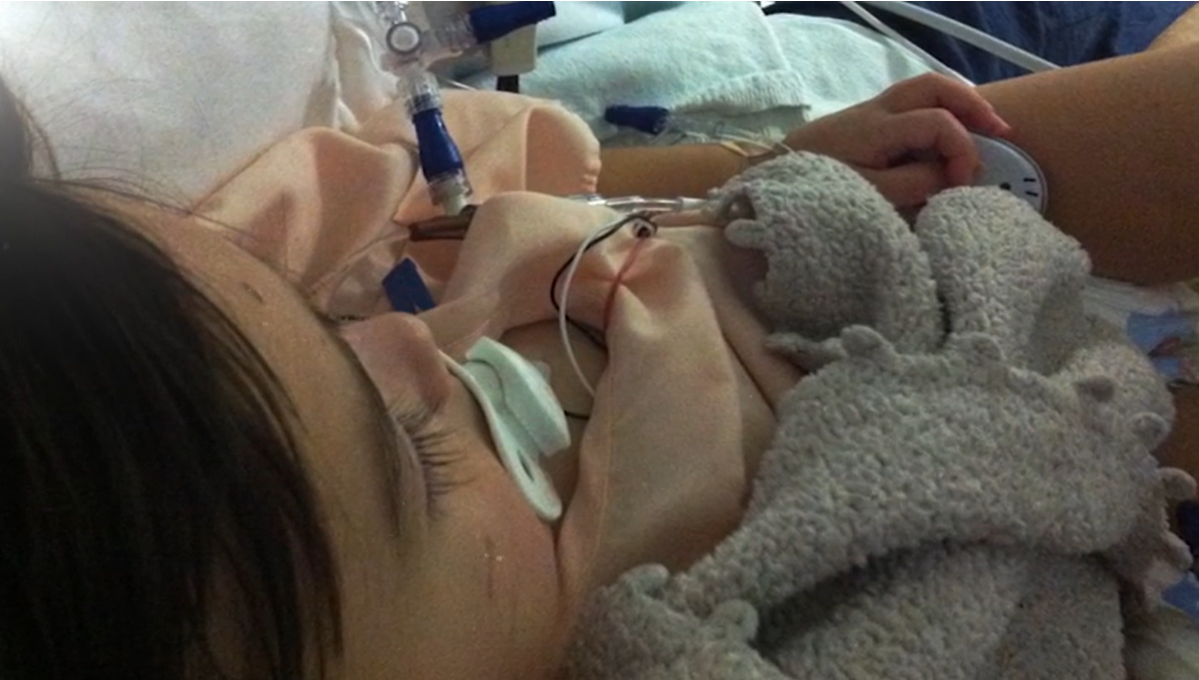A rare species of so-called "flesh-eating" bacteria found in raw shellfish or seawater has been linked to five deaths in Florida this year, state health officials said.
Vibrio vulnificus, a dangerous strain of the vibrio bacteria that can lead to infections that can cause skin breakdown and ulcers, was confirmed in five deaths in the Tampa area, the Florida Department of Health said.
Two deaths were reported in Hillsborough County, with one each in Pasco, Polk and Sarasota.
A total of 26 cases of the deadly infection, called necrotizing fasciitis, have been confirmed statewide this year, including one in Broward. No cases have been reported this year in Miami-Dade.
Get South Florida local news, weather forecasts and entertainment stories to your inbox. Sign up for NBC South Florida newsletters.
Three other deaths have been reported in other states this year, including one in New York and two in Connecticut.
Here’s what you need to know about necrotizing fasciitis:
What is necrotizing fasciitis?
Health
Necrotizing fasciitis is a skin infection caused by rare bacteria that enters the body through a break in the skin.
From this opening, the bacteria aggressively attacks muscles and other organs resulting in rapid destruction of the tissues.
Vibrio bacteria are one group that can cause this infection; one type, called Vibrio vulnificus, is particularly dangerous.
It is usually contracted when an open wound comes into contact with coastal saltwater. Necrotizing fasciitis can quickly develop soon after. If not treated promptly with antibiotics, the infection can become fatal. But more often, the bacteria are ingested in raw or undercooked seafood, causing diarrhea.
The resulting illness is rarely life-threatening and symptoms occur within 24 hours and last about three days.
Group A strep is another type of bacteria that can cause necrotizing fasciitis and severe diarrhea, as well as a system-wide blood infection that leads to severely low blood pressure and multiple organ failure, called streptococcal toxic shock syndrome.
Who is most likely to get it?
Those with health conditions that weaken the body’s immune system such as:
- Diabetes
- Kidney disease
- Liver disease
- Cancer
“V. vulnificus, which seems to be on the rise, causes human health concerns in the form of blood infection and wound infection. The elderly, those who are immune-compromised, and the very young are at greatest risk,” said Kimberly Reece, chair of Aquatic Health Sciences at the Virginia Institute of Marine Science.
Contact with Group A strep or V. vulnificus rarely leads to infection in healthy teenagers and adults, but anyone with open wounds should avoid swimming pools, hot tubs and natural bodies of water like lakes, rivers, estuaries and oceans.
How common is the disease?
The infection is pretty rare, but Dr. Glenn Morris, director of the Emerging Pathogens Institute at the University of Florida, says people should be made aware of it.
“Vibrio vulnificus is a small problem but nevertheless significant. It can cause a nasty cellulitis in a small group of patients,” Morris said. “If you fall into one of these high-risk categories, people should be aware that there are bacteria in the water that can cause serious infections.”
According to the CDC, Vibriosis causes an estimated 80,000 illnesses and 100 deaths in the United States every year.
People with vibriosis become infected by consuming raw or undercooked seafood or exposing a wound to seawater with most infections occurring from May through October when water temperatures are warmer.
Necrotizing fasciitis is rarely contagious.
How to spot necrotizing fasciitis:
Early symptoms include:
- Changes in skin color
- A rapidly spreading inflamed or swollen area of the skin
- Severe pain, including pain beyond the area of the skin that is red or swollen
- Fever
Later on ulcers or blisters can form, as well as dizziness, fatigue, nausea, and diarrhea. The infection often spreads quickly so it is imperative to seek medical attention if someone is experiencing one or more of these symptoms.
How is necrotizing fasciitis treated?
Necrotizing fasciitis is a serious illness that requires immediate hospital attention. Antibiotics and surgery are typically the first lines of defense, but even with prompt treatment the CDC says up to one in three people can die from the infection.



